Portland’s food reputation usually centers around the same handful of famous spots that every travel guide mentions. You know the ones — the donut shops with lines around the block and the food trucks that get featured in every documentary about the city.
However, Portland’s real culinary magic happens in the quieter corners, where locals grab their everyday meals and chefs experiment with flavors that haven’t hit the mainstream yet. The city’s food landscape runs much deeper than its Instagram-famous highlights.
Here is a list of 15 hidden food scenes that showcase Portland’s true culinary diversity.
Ethiopian Coffee Culture
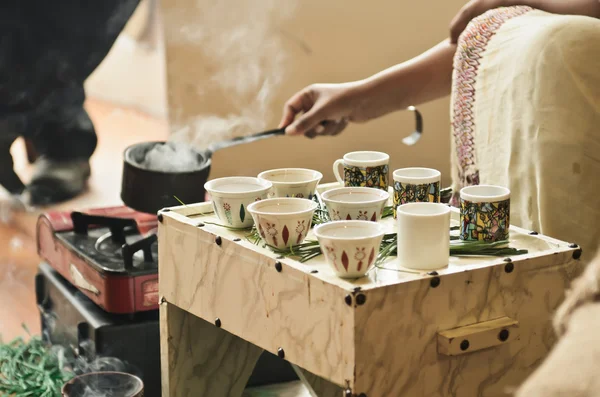
Portland’s Ethiopian community has created an authentic coffee scene that puts most trendy cafes to shame. Traditional coffee ceremonies happen daily in small community spaces, where green beans get roasted over charcoal right in front of you.
The ritual takes about an hour, though the coffee that emerges tastes nothing like what you’d expect from your usual morning cup. These gatherings often include injera bread and honey wine — creating a complete cultural experience that feels worlds away from Portland’s hipster coffee reputation.
Korean Karaoke Restaurants
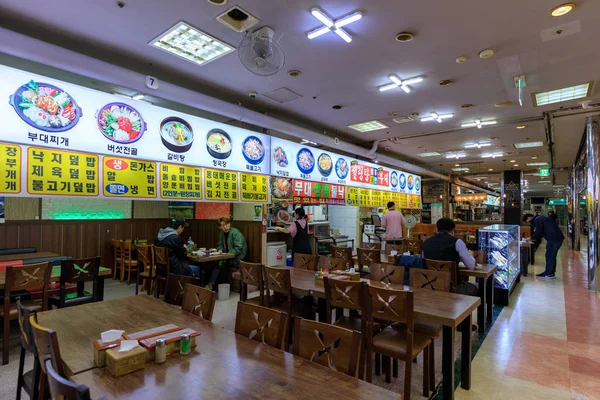
Hidden in Southeast Portland, Korean karaoke restaurants serve some of the city’s most exciting late-night food. These spots combine private karaoke rooms with full Korean menus. It’s part entertainment, part authentic cuisine.
The kimchi jjigae arrives bubbling in stone bowls while you belt out your favorite songs, yet the Korean fried chicken stays crispy even after hours of singing. Most of these places stay open until 2 AM, making them perfect for groups looking for something completely different from the typical Portland night out.
Like Travel Pug’s content? Follow us on MSN.
Burmese Tea Leaf Salads
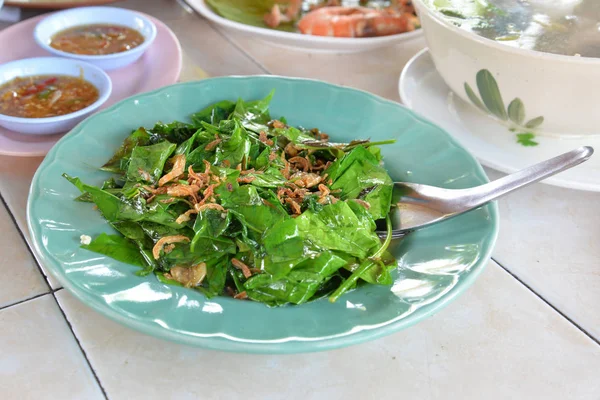
Portland’s Burmese community has quietly built one of the most underrated food scenes in the city. Tea leaf salad, or lahpet thoke, combines fermented tea leaves with crunchy nuts, dried shrimp, and lime juice for a flavor combination that’s both familiar and completely new.
The texture plays tricks on your palate — soft, crunchy, and chewy elements all mixed together. These Burmese restaurants often occupy small strip mall spaces, but their flavors rival anything you’ll find in Portland’s more famous dining districts.
Russian Banya Dining
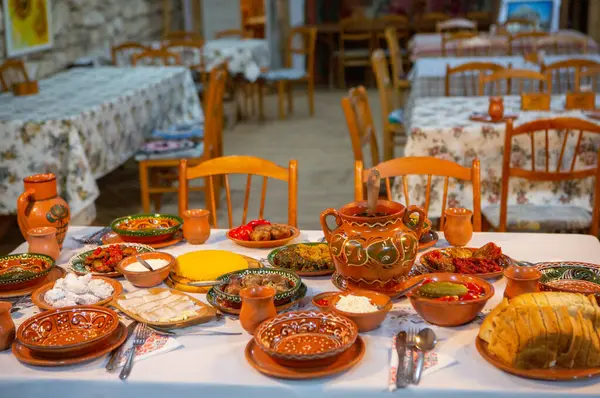
Portland’s Russian banya culture includes traditional dining that most visitors never discover. After hours in the steam rooms, families gather around tables loaded with herring under fur coat salad, borscht, and fresh dill-covered everything.
The food serves a specific purpose — replenishing electrolytes and warming the body after intense heat therapy. These community spaces operate more like private clubs than restaurants, though visitors who know the right people can experience some of the most authentic Eastern European cuisine in the Pacific Northwest.
Eritrean Flatbread Traditions
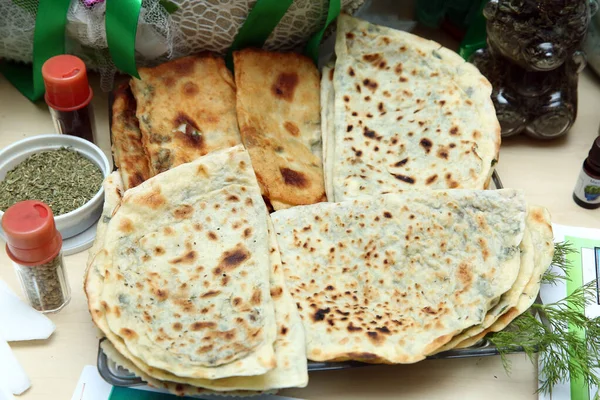
Eritrean cuisine in Portland revolves around injera flatbread that’s more complex than its Ethiopian cousin. The sourdough fermentation process takes days, creating a tangy, spongy bread that serves as both plate and utensil.
Eritrean restaurants often prepare massive family-style platters where different stews and vegetables cover the injera like an edible map. The communal eating style means everyone shares from the same platter — creating an intimate dining experience that breaks down social barriers.
Like Travel Pug’s content? Follow us on MSN.
Peruvian Ceviche Bars
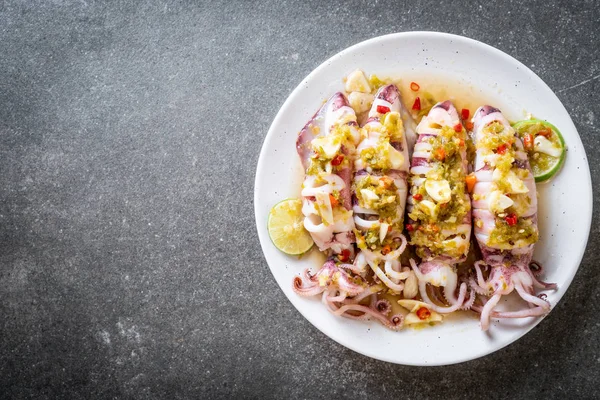
Portland’s Peruvian community has established ceviche bars that operate more like neighborhood hangouts than formal restaurants. Fresh fish gets ‘cooked’ in lime juice right at the counter, often while you watch and chat with the chef.
The key lies in the timing — the fish needs just enough acid exposure to firm up without becoming rubbery. These spots often serve chicha morada, a purple corn drink that perfectly complements the acidic ceviche. It creates a flavor balance that’s both refreshing and satisfying.
Sikh Temple Kitchens
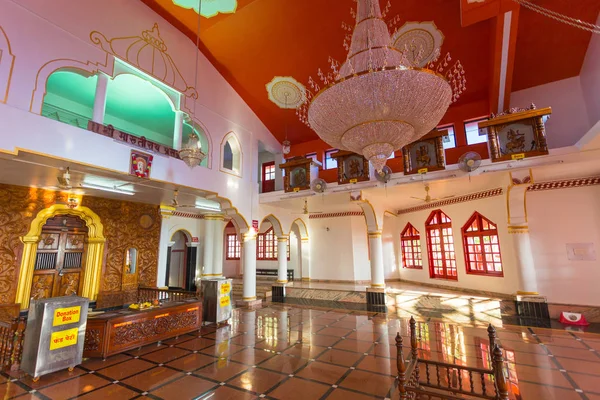
Portland’s Sikh temples serve langar, community meals that welcome anyone regardless of background or ability to pay. These kitchens operate with military precision, preparing hundreds of meals daily using traditional techniques passed down through generations.
The dal tastes different here because it’s prepared in massive quantities with patience that commercial kitchens can’t match. Sitting on the floor, eating simple but perfectly seasoned food — it creates a humbling experience that puts Portland’s food scene in perspective.
Salvadoran Pupusa Trucks
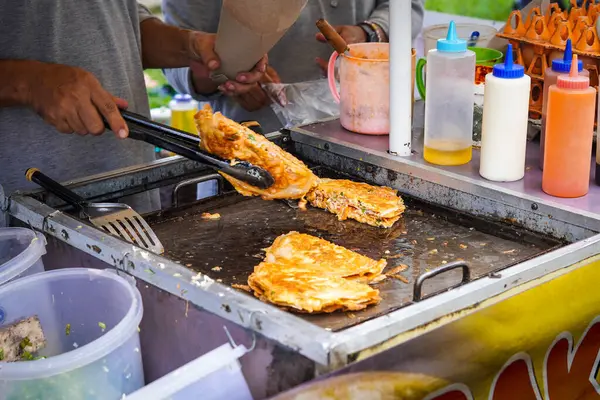
Food trucks serving Salvadoran pupusas have created their own circuit around Portland’s working-class neighborhoods. These thick corn tortillas get stuffed with cheese, beans, or loroco flowers, then cooked on massive griddles until the outside develops a perfect crust.
The curtido, a spicy cabbage slaw, cuts through the richness with vinegar and heat. Most of these trucks operate during specific hours in industrial areas — serving construction workers and other laborers who appreciate authentic, filling food.
Like Travel Pug’s content? Follow us on MSN.
Vietnamese Pho Ga Specialists
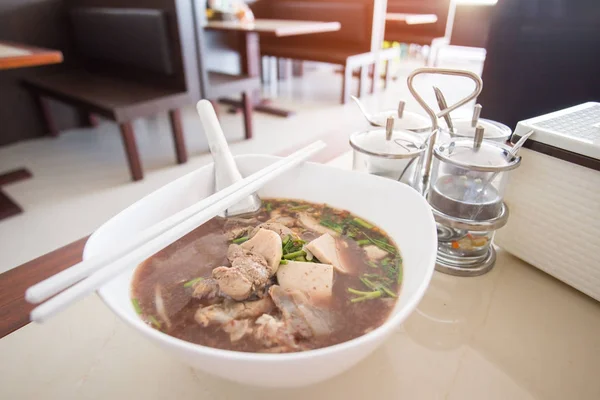
While Portland has plenty of pho restaurants, the specialists who focus exclusively on pho ga (chicken pho) create something completely different. These smaller operations often run by single families who’ve perfected their chicken broth over decades.
The broth gets simmered for 12 hours minimum, creating a clear, intensely flavorful base that’s lighter than beef pho yet equally satisfying. The chicken gets poached in the same broth — ensuring every element works in harmony.
Somali Banana Bread Culture
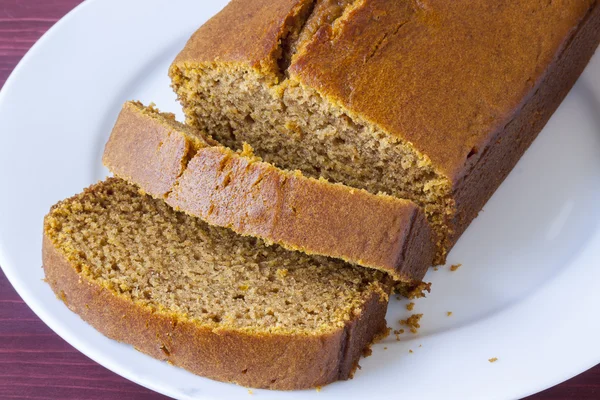
Portland’s Somali community gathers around muufo, a dense banana bread that’s nothing like the sweet American version. This flatbread incorporates overripe bananas into a savory dough that gets cooked on griddles until it develops a crispy exterior.
The bread serves as the foundation for stews and curries, soaking up flavors while providing substance. These community gatherings often happen in mosque basements or community centers, creating intimate dining experiences centered around shared plates.
Lebanese Meze Traditions
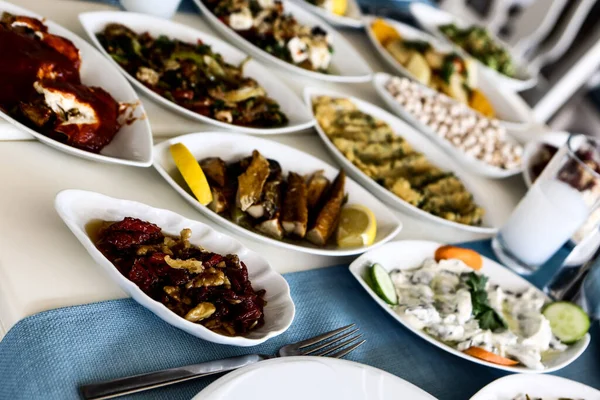
Portland’s Lebanese restaurants excel at meze culture, where small plates create a diverse dining experience that can last for hours. The key lies in the balance. Creamy hummus, tangy fattoush, rich kibbeh, and fresh tabbouleh all work together to create a complete meal.
These restaurants often encourage lingering, with tables staying occupied for entire afternoons while families share stories over endless small plates. The pita bread gets baked fresh throughout the day, ensuring every bite maintains the perfect texture.
Like Travel Pug’s content? Follow us on MSN.
Oaxacan Mole Specialists
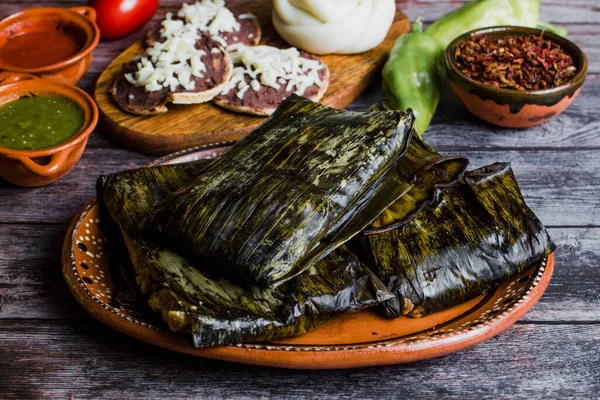
Portland’s Oaxacan community has brought mole traditions that require days of preparation and dozens of ingredients. These complex sauces combine chocolate, chiles, nuts, and spices in combinations that create layers of flavor impossible to replicate quickly.
The best mole restaurants often prepare their sauces in small batches, running out when they’re gone rather than compromising quality. The chicken or turkey gets simmered in the mole until it falls apart, creating a rich, satisfying meal that showcases Mexican cuisine’s sophistication.
Filipino Kamayan Feasts
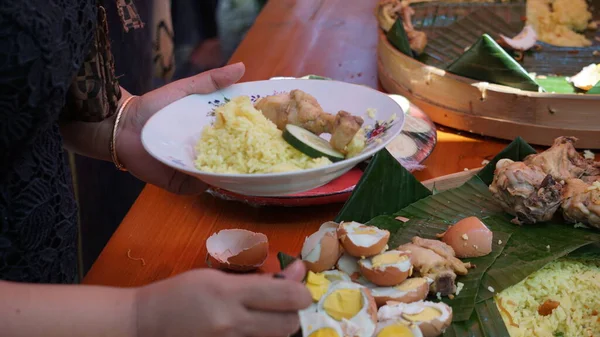
Portland’s Filipino community has maintained kamayan dining traditions where entire meals get spread across banana leaves and eaten with hands. The communal aspect fosters connections that formal dining can’t match.
Everyone reaches across the table, shares stories, and experiences the food together. Rice serves as the foundation, with grilled fish, pork adobo, and fresh vegetables arranged in colorful patterns. These feasts often happen in private homes or community centers, creating intimate experiences that feel more like family gatherings than restaurant meals.
Polish Pierogi Workshops
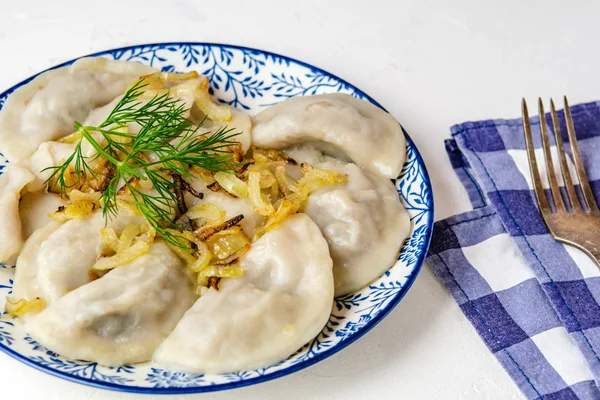
Portland’s Polish community operates pierogi workshops that combine cooking lessons with cultural education. These sessions teach traditional folding techniques while sharing stories about Polish traditions and family recipes.
The dough gets rolled by hand, filled with potatoes, cheese, or sauerkraut, then boiled until they float. The workshops often end with communal meals where everyone shares their creations, creating connections across generations and cultural backgrounds.
Like Travel Pug’s content? Follow us on MSN.
Taiwanese Night Market Stalls
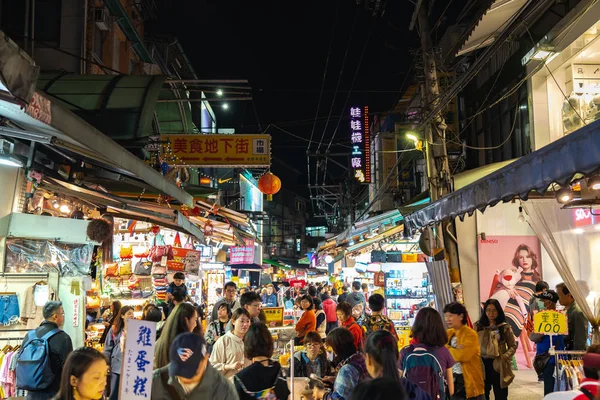
Portland’s Taiwanese community has recreated night market culture in rotating locations throughout the city. These temporary setups feature bubble tea, beef noodle soup, and gua bao that rival anything found in Taipei.
The stalls operate on weekends, transforming parking lots into bustling food destinations. The beef noodle soup gets prepared in massive stock pots, simmering for hours until the broth develops deep, complex flavors that warm you from the inside out.
Portland’s Hidden Culinary Heritage
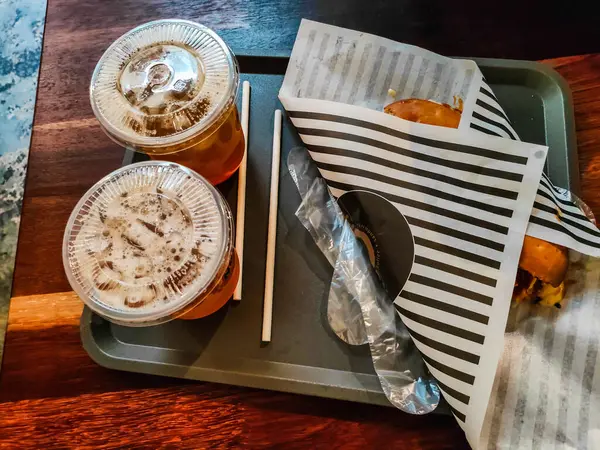
These food scenes represent Portland’s real cultural diversity, far beyond the city’s mainstream dining reputation. Each community has maintained authentic traditions while adapting to local ingredients and preferences.
This creates hybrid cuisines that exist nowhere else. The city’s food future lies not in the next trendy restaurant opening, but in these established communities continuing to share their culinary heritage with neighbors willing to venture beyond the familiar.
Portland’s greatest food discoveries happen when you follow locals to their favorite spots, where authenticity matters more than Instagram potential.
More from Travel Pug

- 20 Best Beach Towns in the Carolinas
- 13 Destinations Where Tourists Regularly Regret Their Trip
- 20 Things You Actually Get in First Class
- 20 Small Airports With Aviation Museums
- 20 Places in the U.S. That Are Perfect for a Reset Trip
Like Travel Pug’s content? Follow us on MSN.
